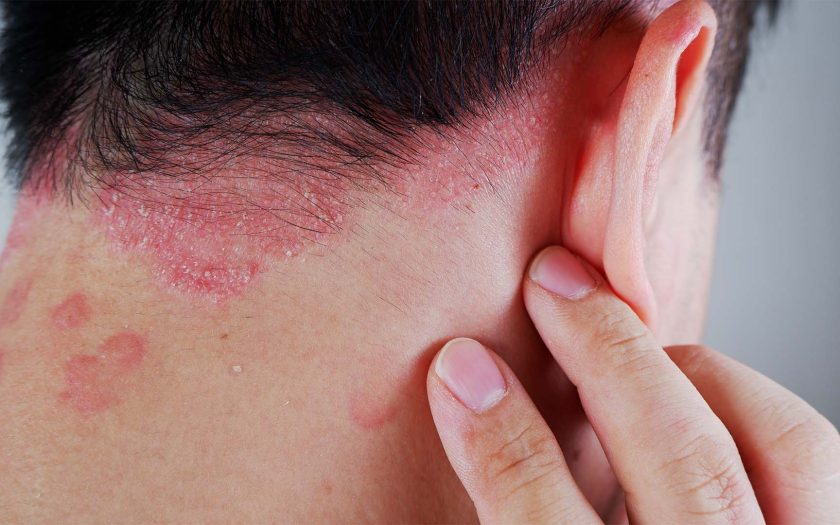Cold weather.
Many patients notice that in the winter, when the weather is cold and dry, psoriasis symptoms worsen. To avoid symptoms at this time of year, do not forget about the moisturizer. It’s best to apply moisturizing cream immediately after showering and several times throughout the day. Choose hypoallergenic cosmetics that are fragrance-free and suitable for sensitive skin.
In the winter, heating in apartments dries out the air. Thus, at home, you can use special devices — humidifiers. They will help avoid dryness, irritation, and itching of the skin.
Tattoos.
Some tattoos look very impressive, but even a small tattoo can be harmful for psoriasis skin. Intense and repeated punctures of the skin created by a tattoo machine needle seriously injure the skin. These damages stimulate the emergence of new lesions, which most often appear after 10-14 days.
A tattoo can also trigger the appearance of psoriasis. If someone in your family has psoriasis, then you may also be prone to the disease. To prevent the development of psoriasis, you should avoid deliberately injuring the skin. Take care of your skin, avoid tattoos, piercings and acupuncture.
Medicines.
Some drugs used to treat high blood pressure, arthritis, heart disease, and mental disorders can make psoriasis worse. Special attention should be paid to such common drugs as:
- ACE inhibitors;
- beta-blockers;
- lithium.
Do not stop taking these medicines on your own. Be sure to tell your doctor if certain medications make your psoriasis worse.
Cuts and bruises.
Minor cuts can cause psoriatic plaque formation. This reaction is called the Koebner phenomenon, or isomorphic reaction. It can also develop as a result of scratching during itching, any other mechanical damage to the skin, friction and excessive pressure on it.
Try not to injure the skin. To do this, wear gloves when cleaning the house and working in the garden. Also, avoid insect bites, sunburn, and shaving irritation.
Lack of vitamins.
Psoriasis requires comprehensive measures aimed at healing the affected areas and preventing their recurrence. Vitamins for psoriasis are an important component of complex measures aimed at supporting metabolism, skin health, and stopping factors that provoke psoriasis.
Getting enough nutrients from food is becoming increasingly difficult as food quality deteriorates. This negatively affects the course of the disease, increasing the number of affected areas. High-quality and effective vitamin supplements allow you to slow down this process, and also increase the effectiveness of other treatment methods. Taking vitamins in psoriasis is one of the important factors used to relieve symptoms and increase the duration of periods of remission. Moreover, this is one of the few cases when vitamins are important not only for internal organs, but also for the skin. But remember that the main treatment is immunosuppressants (such as Aprezo) and hormonal creams (such as Advantan).

